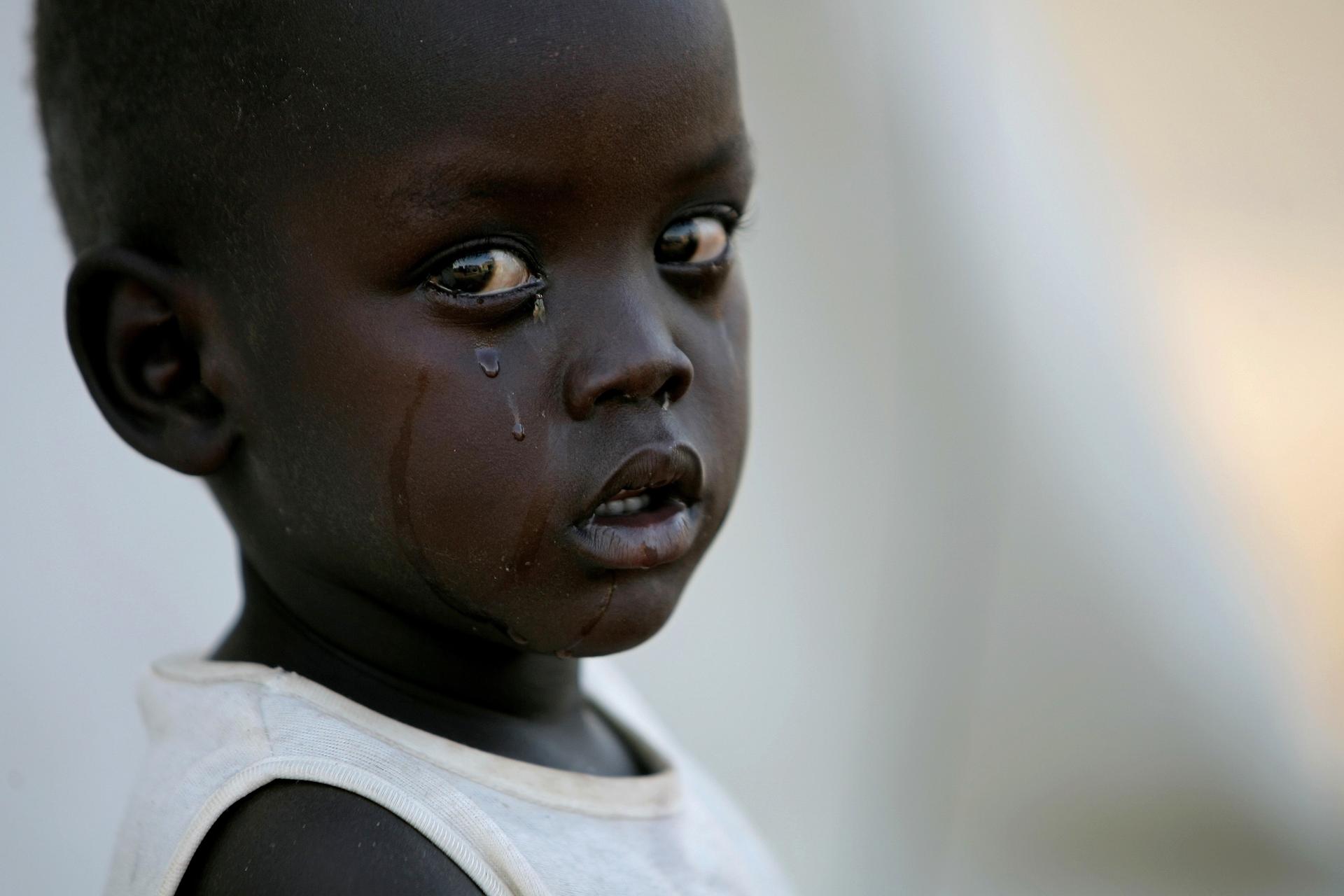Opinion: Time to act on atrocities in Sudan
Amid the joy of South Sudan’s independence, Sudanese within Bashir’s reach still suffer.
WASHINGTON — Since South Sudan became the world's newest nation in July, the state of Sudan it left behind has become engulfed in a civil war of its government’s own making.
The Khartoum regime’s report card during the past four months includes an invasion of Abyei, a war-crimes spree in the Nuba Mountains, ongoing attacks against civilians in Darfur, and most recently an assault on the Blue Nile border state.
It seems counterintuitive to proclaim this as an unprecedented moment of opportunity for Sudan. Yet the combination of current internal, regional and international variables could provide a real catalyst for future peace in Sudan.
Related: Evidence of war crimes in Sudan
Internally, as armed or unarmed opposition to the regime grows daily, a more united opposition advocating for structural change in Sudan is emerging. Unlike the street revolutions beginning in Khartoum that overthrew Sudanese dictatorships in 1964 and 1985, today’s dynamic is very different, marked by a revolution of peripheral regions against an exploitative, non-inclusive central government.
Regionally, Sudan is adrift in a sea of change. Egypt, Tunisia, Libya, Syria, Bahrain, Yemen and others have been swept up by mass protests and in a few cases, armed revolution. The Arab Spring is reverberating throughout Sudan, though a specific direction has not yet fully manifested itself. Rather than the street protests of Syria and Egypt, the more likely scenario in Sudan is an increasingly coordinated armed opposition focused on overthrowing the regime.
Internationally, the Arab Spring has produced major changes in U.S. and European policy, with China and Russia even altering course when their options have narrowed.
Related: Images: Persecuted by Sudan in Nuba Mountains
The international community’s abandonment of ousted Egyptian President Hosni Mubarak and deposed Libyan leader Muammar al-Gaddafi, and the increasing isolation of Syrian President Bashar Assad have defied most prognostications.
Dictators like Sudan President Omar al Bashir cannot be confident in the face of this domino effect.
Furthermore, the success of focused interventions to protect civilians in Benghazi, Libya and Abidjan, Ivory Coast, demonstrate that the world is not powerless and not always unwilling to act in the face of human rights atrocities. The apprehension of key war-crimes suspects from the Balkans and Africa has breathed new life into international accountability efforts.
The U.S.and Europe can play a major role in supporting the Sudanese people as they strive for a positive outcome, but real changes must be made in their policies toward Sudan.
The existing approach encapsulated in acceptance of an authoritarian system and the pursuit of a series of stove-piped “peace processes” for Darfur, Abyei, the Nuba Mountains and Blue Nile, and the East weakens leverage and entrenches the fractured status quo.
The U.S. and other countries with leverage in Sudan should prepare and present a clear choice for the Sudanese regime. A comprehensive peace deal that addresses the grievances of the peripheral states in rebellion, followed by internationally monitored elections, would positively transform the relationship between a more democratic Sudan and the broader international community.
On the other hand, further conflict, repression, and autocracy should trigger rapid, meaningful, and escalating international consequences.
The Arab Spring, successful international efforts at civilian protection, and the escalating multi-front civil war in Sudan, have changed the framework for what the endgame should look like in Sudan. The new goal for the U.S. and other governments of influence should be a framework peace deal for all regions and genuinely free and fair elections.
Time is of the essence.
Besieged civilian populations in the Nuba Mountains, Blue Nile, Darfur, and Abyei require immediate protection and emergency assistance. Very little is being done to meaningfully protect those populations. Escalating financial sanctions should target those officials most responsible for human-rights abuses, and a no-fly-zone or destruction of offensive air capacities should be deployed immediately to end aerial bombing of civilian centers.
President Obama has shepherded U.S. policy through three successful efforts at civilian protection in the last year.
First, his diplomatic leadership helped to avert a war between North and South Sudan through the timely and peaceful holding of the referendum for Southern independence.
Second, he supported UN efforts at restoring democracy and countering war crimes in Ivory Coast.
Third, his decisive action prevented massacres in Benghazi, Libya. These successes, combined with support for regime change in Egypt and Libya, may not provide a perfect parallel to the current situation of multiple ongoing wars in Sudan, but they do illustrate the potential for positive, sustainable change during this moment of crisis.
The Arab Spring provides an historic moment, and a significant, active segment of the American public is strongly supportive of action to end Sudan’s suffering.
All of these variables could add up to a real possibility for change in Sudan as historic as that of neighboring Libya and Egypt, if the moment is seized.
Prendergast is Co-founder of the Enough Project, an anti-genocide group in Washington,D.C., and co-author of Unlikely Brothers.
Every day, reporters and producers at The World are hard at work bringing you human-centered news from across the globe. But we can’t do it without you. We need your support to ensure we can continue this work for another year.
Make a gift today, and you’ll help us unlock a matching gift of $67,000!
